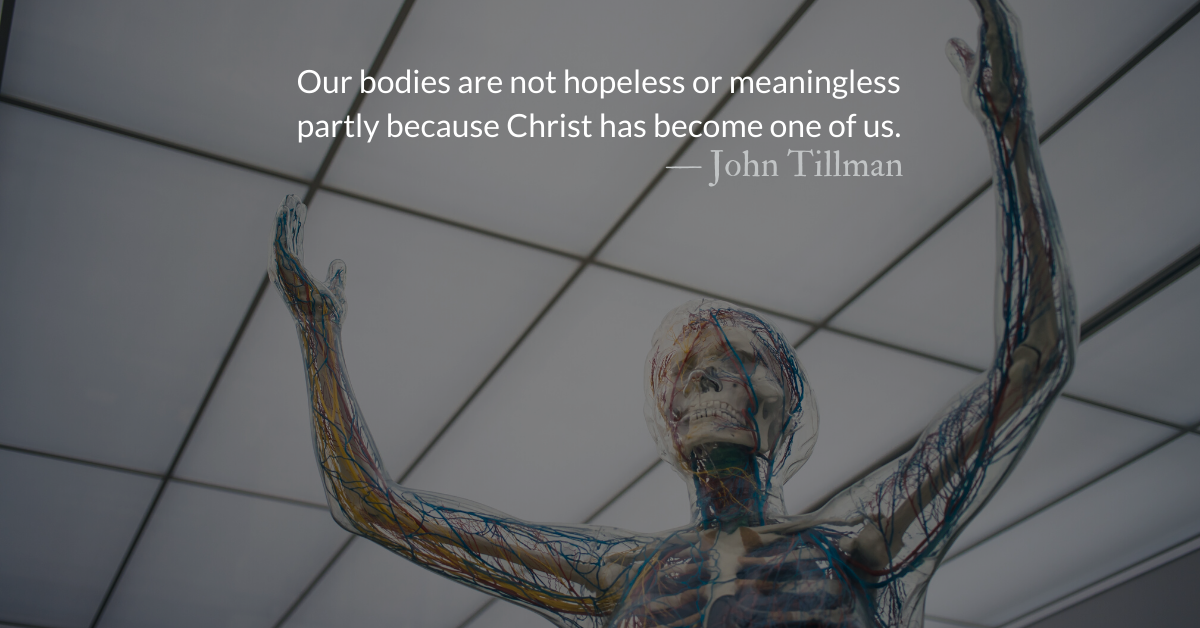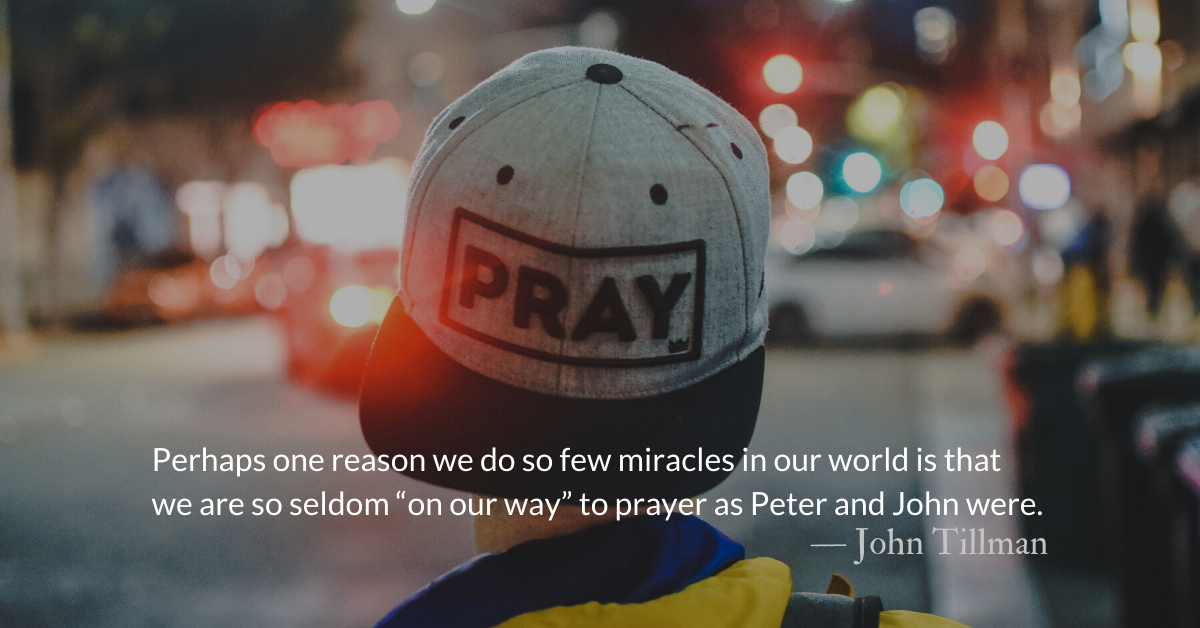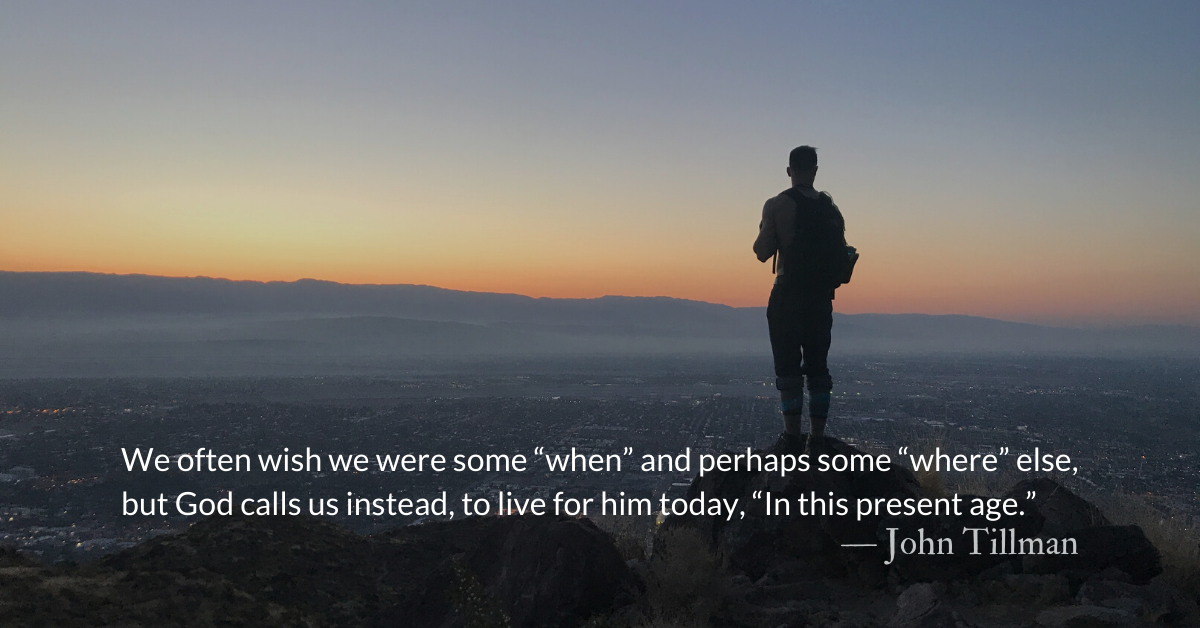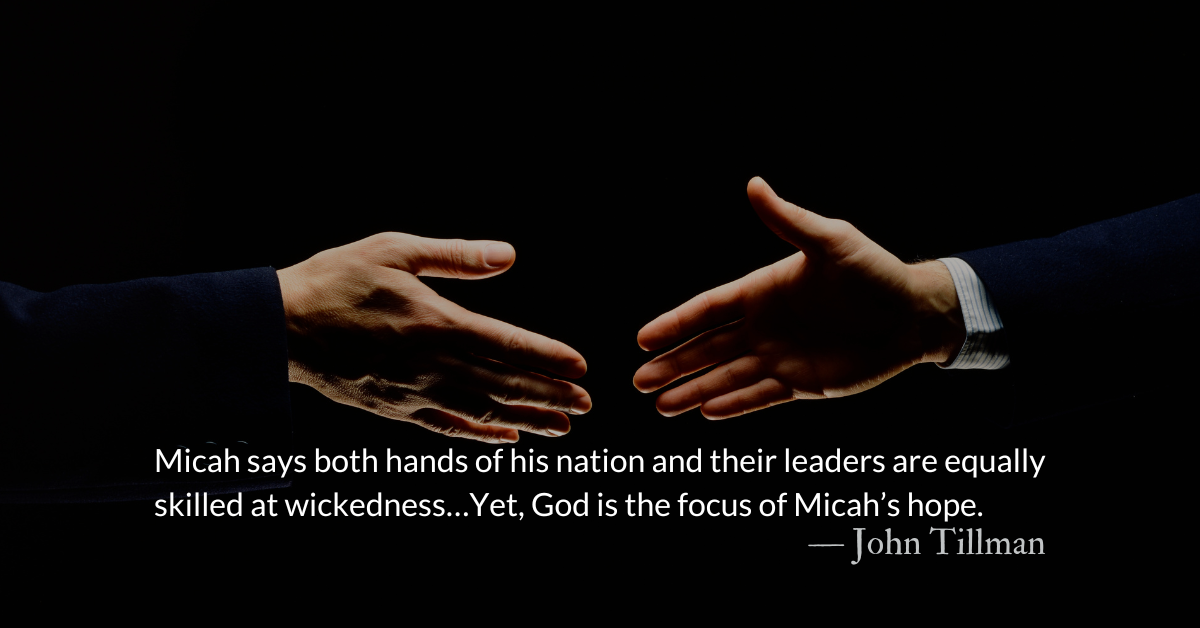Scripture Focus: Hebrews 3.6, 13-14
6 But Christ is faithful as the Son over God’s house. And we are his house, if indeed we hold firmly to our confidence and the hope in which we glory…13 But encourage one another daily, as long as it is called “Today,” so that none of you may be hardened by sin’s deceitfulness. 14 We have come to share in Christ, if indeed we hold our original conviction firmly to the very end.
John 7.37-39
37 On the last and greatest day of the festival, Jesus stood and said in a loud voice, “Let anyone who is thirsty come to me and drink. 38 Whoever believes in me, as Scripture has said, rivers of living water will flow from within them.” 39 By this he meant the Spirit, whom those who believed in him were later to receive.
Isaiah 55.1 (the scripture Jesus is quoting in the above passage)
“Come, all you who are thirsty,
come to the waters;
you who have no money,
buy and eat!
buy wine and milk
without money and without cost.
Reflection: Tabernacling While Quarantined
By John Tillman
Hebrews tells us that we are God’s “house” which Jesus has been placed over. The concept is a repeated theme in other New Testament writings (1 Corinthians 3.16; 1 Timothy 3.15).
No matter what the atmosphere of our quarantine, we can remember that Jesus dwells or “tabernacles” with us. (Leviticus 26.11; Ezekiel 37.27; John 1.14; Revelation 21.3) Whatever suffering we endure, he feels it with us. Whatever joys we experience, he is celebrating with us.
In John 7, we read of a Feast of Tabernacles celebration during Jesus’ ministry. The Feast of Tabernacles was a reminder to Israel of their dependence on God in the wilderness. It recalled the years of wandering and being a people who dwelled in tents and who worshiped a God who dwelled in tents with them.
Jesus entered this festival secretly. He misled his brothers who did not believe in him, telling them that he would not go. Then he snuck in. He then revealed himself to call attention to elements of the festival that pointed to him.
In particular, Jesus called attention to one new element. Priests would dip water from the pool of Siloam and pour it on the altar in the Temple. This symbolized salvation through the water from the rock in the desert.
In our “tents,” our quarantined homes, we may feel as if we are isolated in the wilderness. Like Israel we long for Egypt. In Egypt they didn’t know thirst. They didn’t know hunger. In the desert, Israel reevaluates Egypt. How bad was the subjugation and slavery really?
We aren’t enslaved in our vocations in the same way Israel was. Our culture enslaves us with consumerism and greed, among other idols. We hang the carrot in front of ourselves on the treadmill and run ourselves to death. We forget our chains in our longing for chain restaurants.
In the desert and in the Temple, Israel is offered something better. Water from the rock. The water of life. Jesus stands among us wanting to quench our thirst with Living Water. “Come to me!” Jesus cries. While we are tabernacled with him, take time to drink what he offers.
As with Jesus’ brothers, Jesus may sneak up on us and sneak into our “tabernacle.” Are we aware of him? Are we trusting in him? Will we come to him and drink?
Divine Hours Prayer: The Request for Presence
Let all who seek you rejoice and be glad in you; let those who love your salvation say for ever, “Great is the Lord!” — Psalm 70.4
– Divine Hours prayers from The Divine Hours: Prayers for Springtime by Phyllis Tickle.Today’s Readings
Song of Songs 3 (Listen – 1:48)
Hebrews 3 (Listen -2:25)
Read more about Presence is Precious
Practicing the presence of God means living as a tabernacle of the Holy Spirit, making everywhere you set your feet holy ground.
Read more about Prayer, Our Tent of Meeting
Prayer is our tent of meeting, where the deepest thirsts of our souls may be satisfied.











